$15.00
Easter Egger Hen
The Easter Egger hen is a popular, colorful breed known for its ability to lay a wide variety of egg colors, including blue, green, pink, and brown. Though not a specific breed, Easter Eggers are hybrid chickens, often created by crossing an Ameraucana with another breed, resulting in a unique and hardy hen with a playful and friendly temperament.
Appearance:
•Size: Medium-sized with a well-proportioned, active body.
•Feathering: Soft and smooth feathers that come in a variety of colors and patterns, including gold, silver, black, and blue.
•Color Varieties: Available in a wide range of feather colors and patterns. Each Easter Egger is often unique in appearance.
•Comb: Single comb, medium-sized, usually red.
•Legs/Feet: Clean, yellow legs with unfeathered feet.
Temperament:
•Friendly, curious, and social — a great choice for families or backyard flocks.
•Enjoys foraging and exploring, so they thrive in free-range environments.
•They are generally not as calm as some other breeds but are still very manageable and easy to handle.
•Known for being affectionate and often enjoy spending time with their human caretakers.
Egg Production:
•Excellent egg layers — Easter Eggers are known for producing medium to large eggs in a variety of colors, including blue, green, and pink.
•They generally lay around 250–300 eggs per year.
•They are great layers even in colder weather and are one of the most popular breeds for colorful eggs.
Purpose:
•Primarily kept for egg production due to their beautiful and diverse egg colors.
•Ornamental: Easter Eggers are often kept for their variety of feather colors and friendly personalities.
•Can be a good dual-purpose bird for those also interested in meat production, though they are more commonly raised for eggs.
Care Notes:
•Hardy in a variety of climates but may need shelter from extreme heat or cold.
•Active foragers, so they do well in free-range systems or large runs.
•Their friendly nature makes them great companions for other chickens, but they may not be as assertive as more dominant breeds.
Be the first to review “Easter Egger Hens” Cancel reply
Related products
Laying Hens
Laying Hens
Laying Hens
Laying Hens
Laying Hens
Laying Hens
Laying Hens
Laying Hens

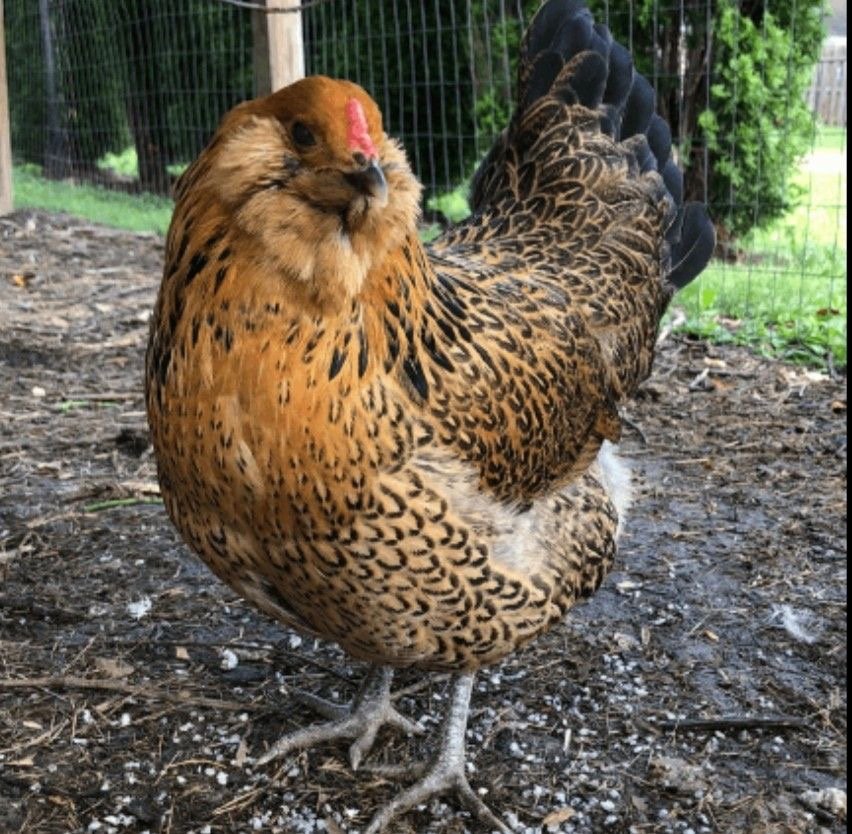
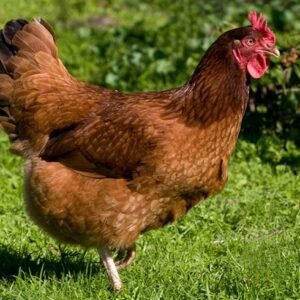
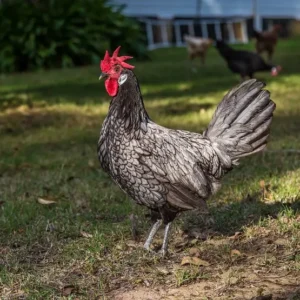
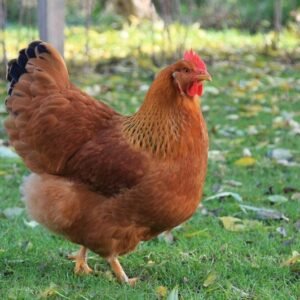
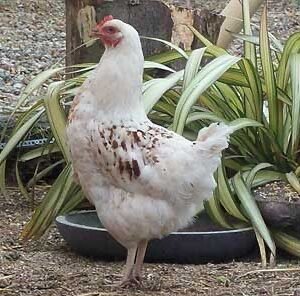
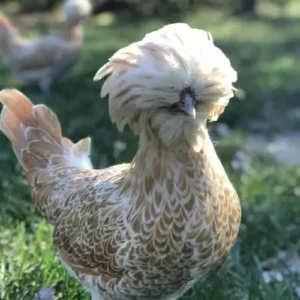
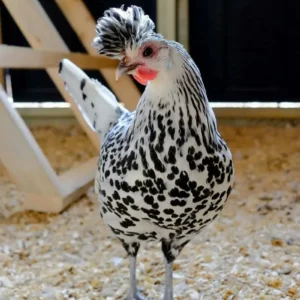
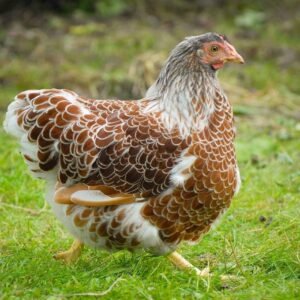
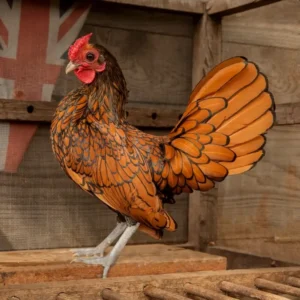
Reviews
There are no reviews yet.